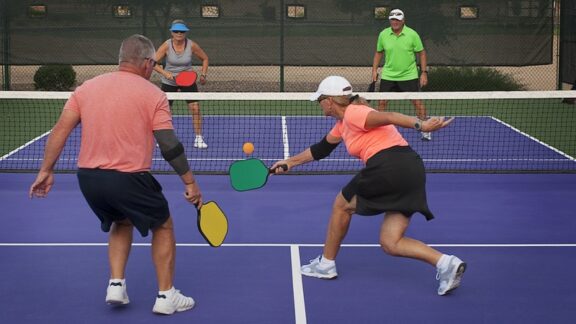The primary sensory areas of the brain are largely untouched by Alzheimer’s disease, according to the Canadian Association of Occupational Therapists (CAOT). That means that sufferers can still respond to touch, smell, taste and sight in their everyday life. It’s also possible for sensory stimulation to ease some of the symptoms of frustration and actually encourage memory recall. And perhaps even more important, sensory stimulation can create more enjoyment in a senior’s life.
Fortunately, you can integrate sensory stimulation and various exercises into everyday life with many of the common scents, smells and sights around you. Here are five ways to explore how sensory stimulation can help seniors with Alzheimer’s:
Use scents and aromatherapy
Olfactory stimulation can trigger strong emotions and forgotten memories simply by smelling familiar scents or strong odors. Give someone with Alzheimer’s the opportunity to smell their favorite scents around them by taking a walk through a local botanical garden. You can also treat a senior to a vase of their favorite fresh roses to promote ongoing olfactory stimulation.
Meanwhile, essential oils and aromatherapy also play a role in sensory stimulation. Rosemary has long held a reputation of assisting with memory. The BBC took a look at whether or not the old saying held up and found surprising results. Volunteers who were exposed to rosemary did significantly better at remembering assigned tasks than those who were given lavender. Diffuse rosemary oil in your senior’s home to give their memory a boost and give them a chance to flex their olfactory muscles.
Offer a gentle massage
Pamper the senior citizens in your life with sensory hand massages. Talk with them while you’re massaging their hands to stimulate their auditory senses as well. But massage doesn’t just feel nice, the touch can help build trust and increase body awareness. Combine a hand massage with scented lotions and oils to help combine sensory stimulation and increase alertness.
Read aloud
Auditory stimulation for people suffering from Alzheimer’s and dementia can improve mood, relaxation and cognition, according to Millennium Memory Care. There are easy ways to incorporate auditory stimulation in your own home. Sit with a senior and read aloud from one of their favorite books or a collection of poems. Playing music and singing together can also help stimulate their senses and give them a sense of enjoyment while interacting with the world around them.
Try some art therapy
Artists are better protected against dementia and they retain sharp artistic skills even while suffering from Alzheimer’s, according to a report by CBC News. The article details how Canadian artist, Mary Hecht, could not tell time or name common items or recall words, but she could draw with great skill and speak articulately about the art.
Give someone with Alzheimer’s the opportunity to express their creative side while stimulating memories and cognitive function. Set up a watercolor set, clay or colored pencils and paper and encourage them to paint, sculpt and sketch to their heart’s content. Talk about the vibrancy of color in the pictures and ask them to tell you about what they’re doing to help spark recall and memories.
Take a mindful walk
Combine a variety of sensory stimulators by taking a mindful walk outside. Point out the colorful blooms and visual cues that can provide sensory stimulation to someone with Alzheimer’s. Stop to smell the flowers, and offer an approved piece of fruit or other snack and take a moment to really savor it. Gently integrate your senior into the environment around them, and let them know you’re there and enjoying the beautiful day around you.




